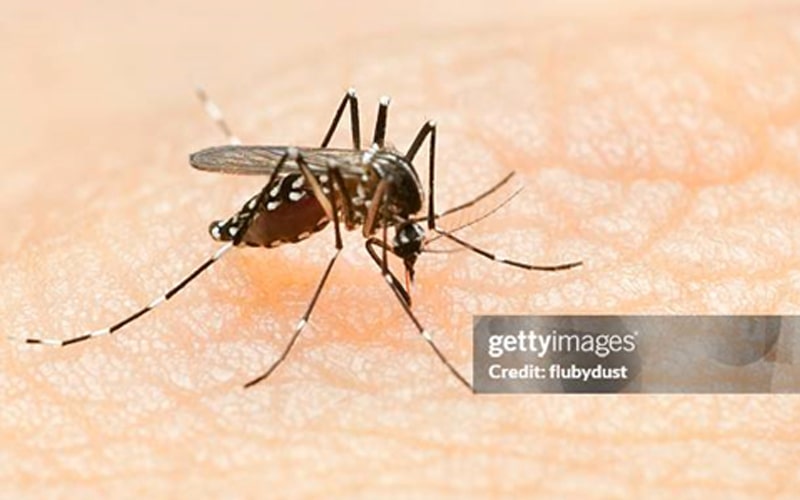
TAGBILARAN CITY, Bohol (PIA)—With a buzzing 4,484 cases and 13 confirmed deaths, dengue has returned this year, alarming Governor Erico Aristotle Aumentado who pleaded for communities to involve themselves in a unified clean-up drive aimed at denying the mosquitoes their breeding sites.
In a memorandum circular issued August 15, 2024, the governor ordered local government officials and communities to reactivate the Aksyon Barangay Kontra Dengue (ABKD) and join the simultaneous clean-up drive throughout the entire province, to eliminate potential mosquito breeding areas.
Caused by aedes egypti mosquitoes, that recognizable biting mosquitoes with black and while markings, can cause dengue hemorrhagic fever that can be very fatal on its later stage.
The deaths and most of the confirmed cases, were traced from Inabanga, Tagbilaran City, Ubay, Getafe, Talibon, Buenavista, Tubigon, Jagna, Panglao and Dauis, according to the Provincial Health Officer’s (PHO) Provincial Epidemiology and Surveillance Unit (PESU).
In their Current Dengue Situation for the 32nd Morbidity Week from January 1 to August 10, 2024 report signed by PESU Head and Provincial Health Officer I Dr. Cesar Tomas Lopez, the unit reported over 400 dengue cases peaking in a week since the year opened.
To this, Gov. Aumentado said he has issued the go signal for the P3million emergency procurement of intravenous fluids to be distributed to 10 provincial government managed hospitals in the province.
Health authorities have said that one of the most effective management for keeping the dengue patient’s temperature down is by IV fluid replacement therapy.
With dengue fever also masking sometimes as other forms of fever, the governor also ordered the Provincial Health Office (PHO) to pursue nonstructural protein 1 (NS1) testing, an antigen testing is recommended to determine dengue infections during the first 7 days of illness.
A positive NS1 test result confirms dengue virus infection without providing serotype information.
Dengue serotype information can be critical in dengue cases treatment, however, extracting the information can require a long time, which patients may not have in later dengue cases.
Dengue infections are caused by four closely related viruses named DEN-1, DEN-2, DEN-3, and DEN-4 and these four viruses are called serotypes because each has different interactions with the antibodies in human blood serum.
From the Department of Health, Capitol has also asked the PHO to continue distributing curtains infused with insecticides that kill mosquitoes as soon as these insects land on them.
Mosquitoes causing dengue are generally daytime mosquitoes and would rather stay in dark rooms when they are inactive and waiting for their usual biting hours from sun-up to about 9 AM, and then from 3 pm towards sundown.
As to the PESU’s report, most of those affected by the disease are from 5-10 years old, comprising 27.03 percent.
As the school year started and most of these kids are staying in schools during the mosquito’s non-biting times, distributing curtains with pesticides, makes sense.
As to the DOH campaign, the governor, in his circular, also hinted the observance of the 4S in dengue prevention.
4 S stands for Search and Destroy mosquito breeding grounds, especially those with stagnant water, instituting Self Protection measures like wearing bright colored sweatshirts and long pants, Seek early medical attention when a patient has a probable case of fever, stressing that in dengue cases, timing is critical, and Saying no to indiscriminate fogging as this can only drive the mosquitoes to other places, where they can start off another outbreak. (PIABohol)

